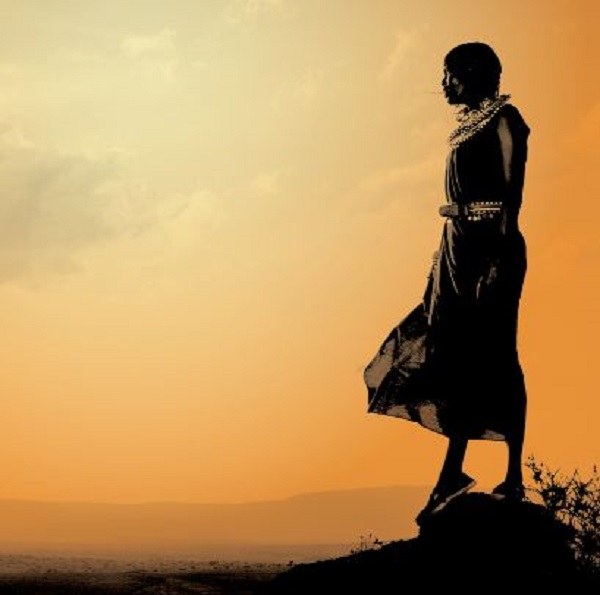
2013 Caine Prize winner Tope Folarin has a new essay in the Los Angeles Review of Books. The piece, titled “An Architect of Dreams: On Ngugi wa Thiong’o’s Devil on the Cross,” touches upon a number of diverse topics including Venus Williams, dreams, racism, matatu, barbershops, and of course, Ngugi wa Thiong’o.
Folarin’s keen eye for observation takes the centre stage here as he poignantly discusses dreams and their nexus with reality. He writes about a video depicting the youthful confidence of a young Venus Williams whose tennis career is on the verge of glory. The continued questioning of her confidence by a white interviewer, who is then challenged by Venus’ father, is a reference point for Folarin, who brilliantly uses it as a cushion for his argument on the power of dreams and their ability to forge their own reality in the face of strong discouragement.
A dream is a delicate thing, especially when you’re a black girl from Compton. Especially when almost everything around you is a direct repudiation of who you are and who you aspire to be. This is why Richard Williams interjects as aggressively as he does. He is the architect of her dream. He is the one who has told Venus that she is a champion despite what anyone else may think or say. He knows he must protect her and the dream he has shaped for her or the reality of the man across from her will become her reality as well.
He then delves into a proper review of Ngugi’s Devil on the Cross, a philosophical commentary on the sociopolitical rot left by the colonial masters. His narrative is so lush that you get hooked from the beginning to the end. You are wrapped up in the elegance of the diction that every word seems to conspire with the others to create true prosaic beauty. The quotes from the book are so well-employed as to add an element of suspense, making you wonder where Folarin is taking the essay next. He analyses the connection between Africa’s present reality and the dreams of conquest had by European imperialists.
Another dream: A group of Europeans envision a future in which they have apportioned the continent of Africa among their respective countries. Everything on the continent — its resources, its land — will belong to them. The people who currently inhabit the continent — “people” is a generous term, because they aren’t quite — will be incidental. They will provide free labor. Free sex. Most importantly, they will serve as living reminders that the Europeans are superior, the inevitable rulers of the world.
The Europeans dream, plot, execute. Inevitably, reality begins to form itself around their dream. Africans across the continent resist, and sometimes they succeed, but mostly they do not. Their progeny are born and raised and die in this new reality.
In matatus and salons and churches across the continent people begin to interrogate this reality. Surely this is not the way things were meant to be. Surely there must be another way. Leaders emerge. They envision a future in which Africans rule themselves. They dream, plot, execute. All across the continent various countries proclaim their independence. The Europeans leave. Africa is free. All should be well.
But all isn’t well. This is the reality that greets us in the opening pages of Devil on the Cross. We are introduced to a young woman named Wariinga who is having an especially bad day. In quick succession, she loses her job (because she refuses to sleep with her boss), her boyfriend leaves her, and she is kicked out of her apartment. Wariinga blames herself for these incidents.
Read Tope Folarin’s “An Architect of Dreams: On Ngugi wa Thiong’o’s Devil on the Cross“ in the Los Angeles Review of Books.









COMMENTS -
Reader Interactions